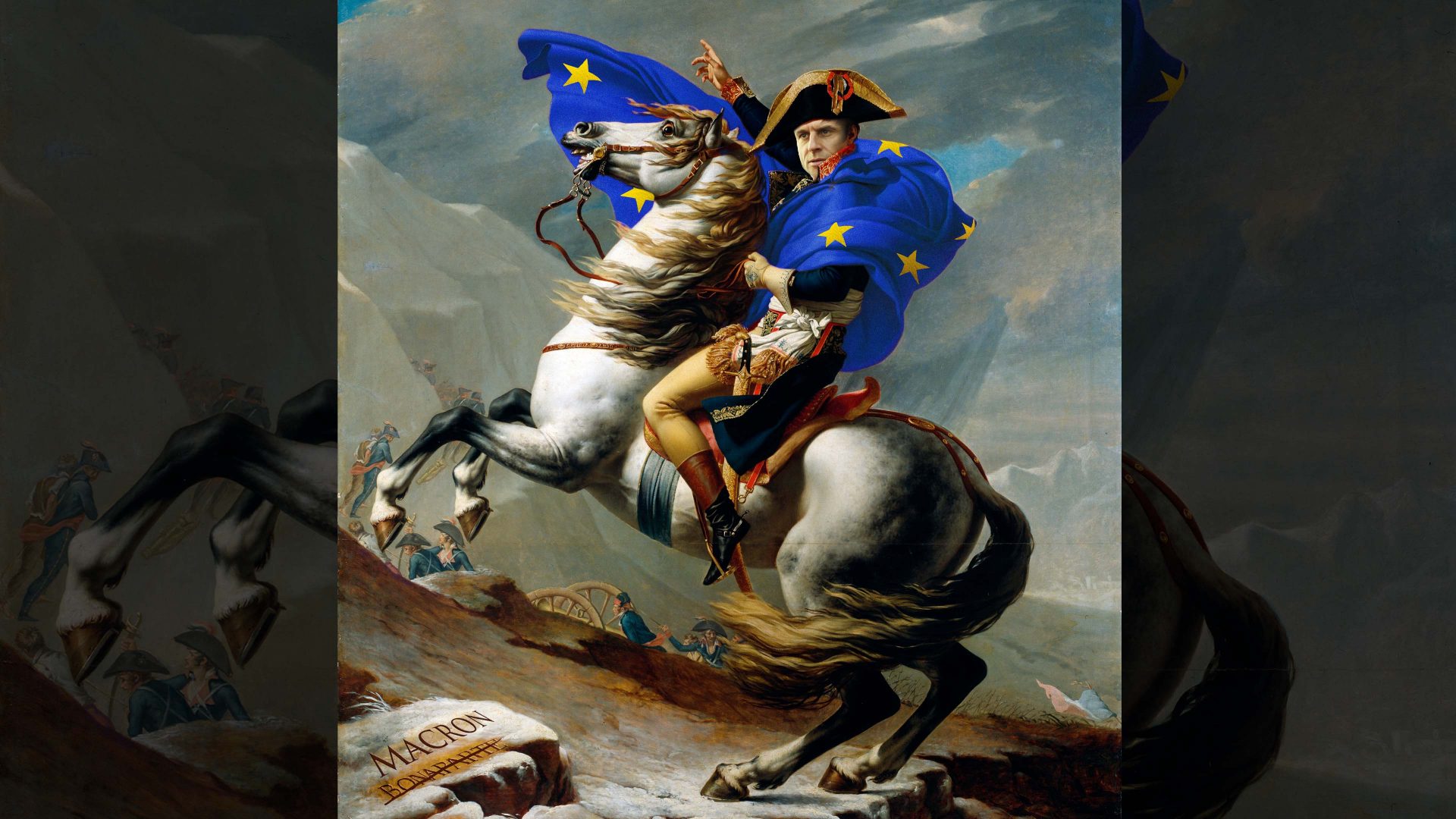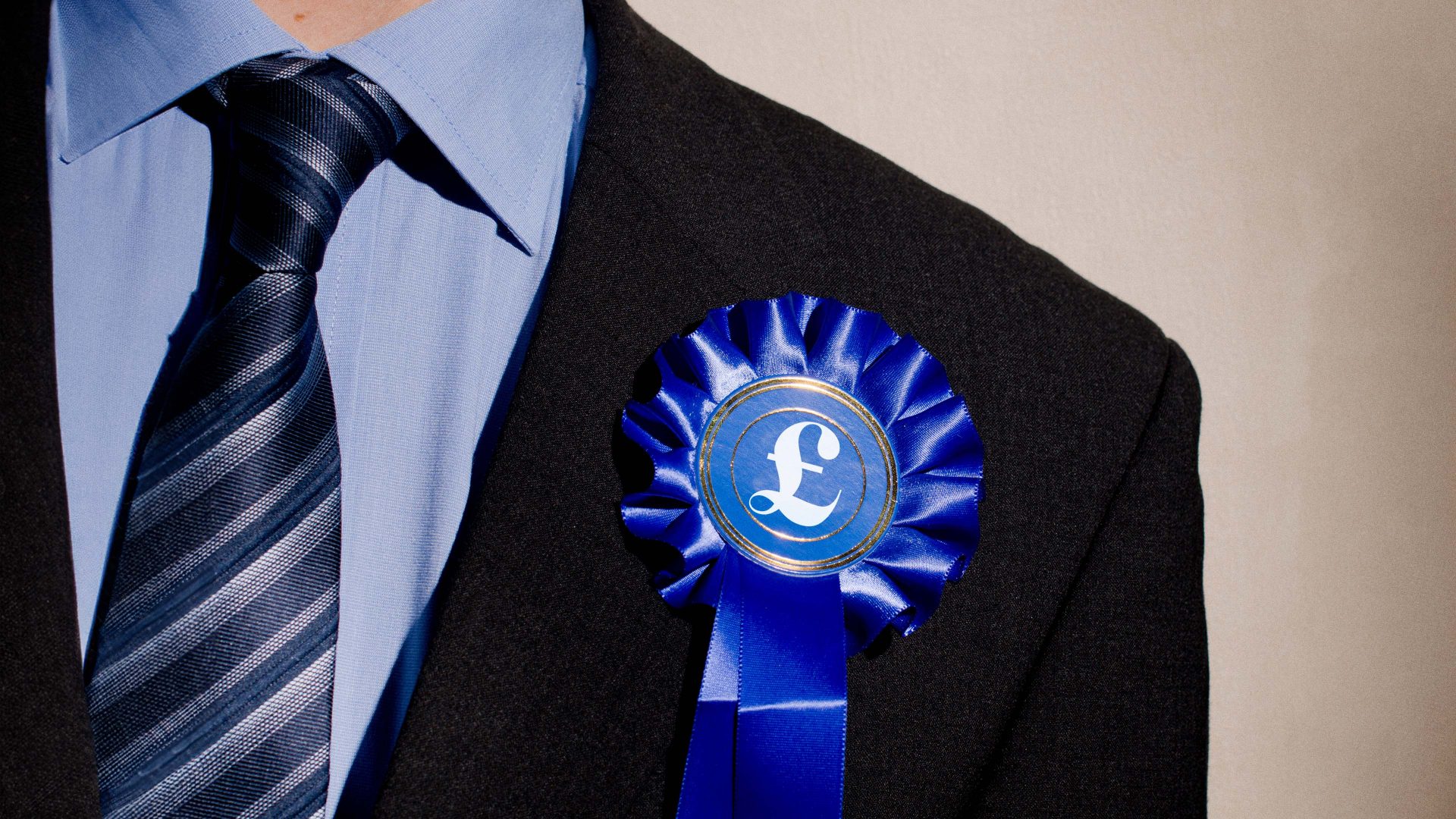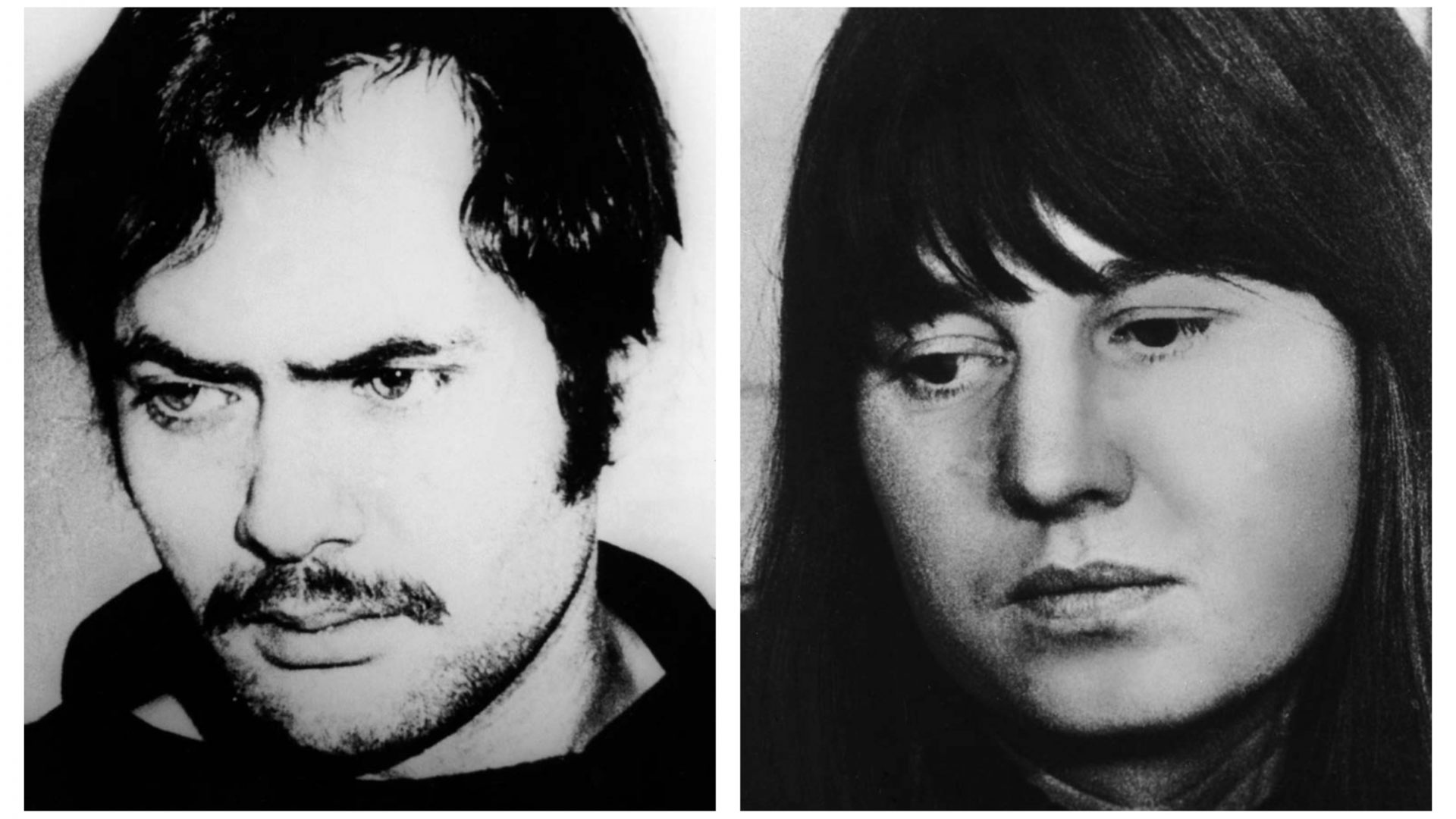Emmanuel Macron likes being politically disruptive. He loves nothing more than to “shake the coconut tree”, as we say in French.
Sometimes, his disruption works – his inventiveness mobilises others towards a radical course. But sometimes he goes too fast, or in the wrong direction, causing collateral damage to his allies and spoiling all his positive intentions.
We are not done discussing the consequences, both negative and positive, of Macron’s statement on February 26 that he would not rule out sending “ground troops” to Ukraine. These few words, uttered at the Elysée Palace after a meeting in support of Volodymyr Zelensky and his country, caused an outcry at home, across the continent, even in Washington.
Was it a gaffe? A deliberate provocation? Neither, and a bit of both. Whatever, the president’s statement delivered a much-needed electric shock to Europe’s political conversation.
Taking on the role of collateral damage this time is Olaf Scholz. Between France and Germany, there is a battle for leadership in Europe.
But of course that long-running battle is not the most significant conflict of the time. Europe has a war on its doorstep while Donald Trump creeps further ahead in opinion polls, bringing ever closer his threat to end the USA’s participation in Nato.
The EU has no choice but to build a common defence strategy to ensure its security. In this, it must inevitably forge links, once again, with the UK.
“The question is: how to make European defence credible without the United States? And which EU country is capable of dissuading Russia from going any further?” says Camille Grand, former deputy secretary-general of Nato. “France has a military credibility that Germany does not have. It is a nuclear power and an experienced military power, with an undeniable political will to get involved,” he says. However, he adds, the “legitimate leader” still needs to put its foot down and ensure unity.
On February 26, Macron called on Kyiv’s European and American allies to “spring into action” to coordinate their budgetary and military forces and ensure Russia’s defeat, whatever the cost. The sudden urgency came from defeats suffered by Ukraine in the east of the country, its shortage of arms and ammunition, the blocking of US aid in Congress and Vladimir Putin’s aggressive escalation.
The president hastily organised a meeting, and this time his initiative looked like paying off. The leaders and representatives of the EU, along with 27 other countries including the US, the UK and Canada, met in Paris.
So far, so good. The message to Putin was to be sent by a bloc of allies united and determined by the same objective: to do everything possible to prevent Russia from winning this war. A defeat for Ukraine, they had resolved, would have immeasurable consequences, and not just for Ukraine. What was at stake was Europe’s security and the need for Europeans to take their destiny into their own hands.
It was late in the night. The leaders had left the Elysée Palace. Emboldened by events, Macron then held a press conference to set out the “categories of action” that had been agreed. Everything was going well. Until a journalist asked about comments made by the Slovak prime minister, Robert Fico.
A staunch Putin ally, Fico had just criticised the new, hardening attitude of the west and the Paris meeting, which he did not attend. He said that several EU and Nato countries were considering sending troops to Ukraine and that he would do “everything to prevent the direct involvement of Slovak soldiers”.
In response, Macron made the statement that set off the fuse: “There is no consensus today on sending troops on the ground in an official, accepted and endorsed manner. But, in a dynamic way, nothing should be excluded.” He thus crossed a red line without the agreement of his partners.
Although the possibility of sending troops had been discussed in high places for several months, there had been no consensus on this. Thus the leaders had agreed to maintain a strategic ambiguity over the issue.
Using the word “troops”, even hypothetically, fired imaginations of a direct confrontation with Russia and an uncontrollable escalation. Joe Biden had declared at the start of the Russian invasion that sending Nato troops would be “world war III”.
Macron’s remarks were a diplomatic disaster. From Nato’s secretary-general to the British government, from Washington to Stockholm, from Warsaw to Prague, each of them curtly distanced themselves.
The most scathing statement came from Scholz in Berlin: “No troops on the ground, no soldiers will be sent either by European states or by Nato members.” The next day, the major daily Süddeutsche Zeitung mocked Macron: “You have to think before you speak”, was its front-page headline.
The “unity and determination” that was supposed to frighten Putin turned into a mess. The Russian media laughed at these poor democracies which, unlike their good dictatorships, are incapable of taking decisions.
For Putin, whose obsession is to divide the EU and who saw Brexit as a victory, watching France and Germany arguing with one other was deeply satisfying. There’s nothing like a mini-war between the EU’s main economic powers to help him win his real war.
Never before has the tone between a French president and a German chancellor been so heated. But then Macron and Scholz have never managed to get along.
As a result, Europe’s defence is in a jam. On the one hand we have France, a nuclear power that is prepared for war, but incapable of keeping its public finances in order and too deeply in debt to provide substantial financial aid to Ukraine. On the other, Germany has become resistant to any kind of military culture, is paralysed by the guilt of Nazism, and its ruling Social Democrat party is shaped by pacifism and extreme caution.
Scholz has criticised Macron for not delivering enough munitions and for being only the 14th-largest contributor to Ukraine. Macron has accused Scholz of being excessively cautious, not to say “cowardly” (he used the word without naming Scholz, but it was clear who he meant). Scholz has not delivered Germany’s long-range Taurus missiles, Macron has pointed out, but France has sent Scalps and other “really effective” weapons.
A mediator was urgently needed to bring down the temperature. Donald Tusk took up the challenge. In Berlin on March 15, the Polish prime minister reconciled the enemies, who greeted each other with “Dear Olaf” and “Dear Emmanuel” on the forecourt of the Chancellery.
The rivals emphasised their shared determination to help Ukraine win. They avoided the term “ground troops”. Why define your red lines when Putin has none?
Symbolically, it was Scholz who confirmed the long-range missile coalition. In other words, if Germany still cannot deliver its Taurus to Ukraine, it is encouraging France and the UK to continue to supply Scalp and Storm Shadow munitions. “Germany has more budgetary space, which is an opportunity. France can do things that Germany cannot,” said Macron in an interview with Le Parisien.
Europe has mobilised spectacularly to help Ukraine. But the question is this – is the embryonic European defence that they are painstakingly putting in place capable of achieving the declared objective of defeating Russia, and of doing it without the Americans? And what will they do in the event of a Russian attack on a Nato country, as anticipated by most European chancelleries? What is European defence without Nato?
Grand accepts that it is hard to know now how the gaps left by America would be filled. But he points out that the European military already makes up a large proportion of Nato forces, and adds that we should not underestimate the capabilities of Finland, Sweden, Norway, Denmark and even the Netherlands.
General Jean-Paul Perruche, who has held positions in the EU’s military staff, is more concerned about the lack of command. “We need to create a working culture among Europeans,” he says. We were used to the US setting the course, he says, but we still have nuclear and conventional means, even if we lack the capacity to reinforce ourselves quickly. Yet we need to think about what comes next. We lack a proper European chain of command.
Who will give the order? “There should be a commander appointed by the European Council, like the Nato procedure,” he says. “Economically and geographically, it would make sense for it to go to a German. But given the French army’s experience of war, it could only be a Frenchman, I reckon.”
The “things that Germany can’t do” that Macron mentioned in Le Parisien are those that justify France’s leadership over Germany: its nuclear capability and its army. The UK has exactly the same, although its army is less powerful than its navy. “It’s no coincidence that the Nato forces stationed in Estonia are French and British,” notes Grand.
The countries bordering Russia rely heavily on them and Putin “is well aware that France and the UK, both together and separately, have what it takes to strike at St Petersburg and Moscow,” adds Perruche.
Meanwhile, Macron’s isolation on the issue of “ground troops” is changing. Half a dozen countries have now given him their public support. Radek Sikorski, Poland’s minister of foreign affairs, says: “Paris has changed the paradigm. It is now Putin who fears our decisions, not the other way round.”
Macron’s “gaffe” has paid off. The electric shock has taken place. Russia may be the next to feel its effects.




